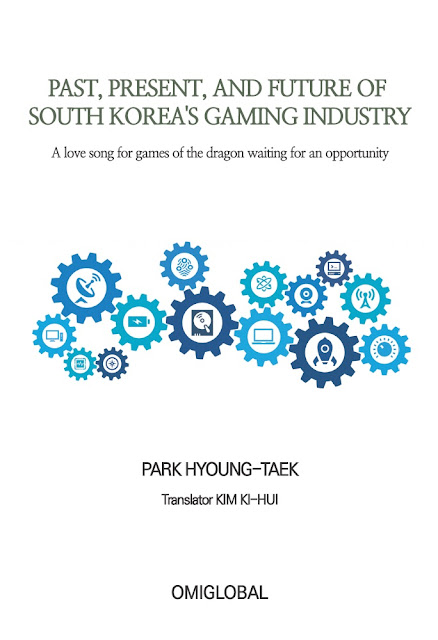泥中蟠龍's Game愛歌 [A love song for games of the dragon waiting for an opportunity] Hero Maker and 10,000-Hour Rule

泥中蟠龍 's Game 愛歌 [A love song for games of the dragon waiting for an opportunity] Hero Maker and 10,000-Hour Rule March. 01. 2018. There is a Hero Maker, one of many webtoons — an animated cartoon or series of comic strips published online — on a South Korean online platform Naver. It has been serialized for 12 years since it began in November 2006. Hero Maker is the longest carrying webtoons on the platform after The Sound of Your Heart, Naver Webtoon's most famous work, which was first uploaded in September the same year. And I've never missed to read it from its first episode. Working on something for a long time is not only very difficult but meaningful. Recently, many top-rated new games are found on the domestic game charts. For example, there is Lineage M: it may not fall into this category, Overhit, Tera M, and AxE: they had just come out, and Black Desert Mobile: it was released this year. The big-budget RPG games, which were released amid high ...
